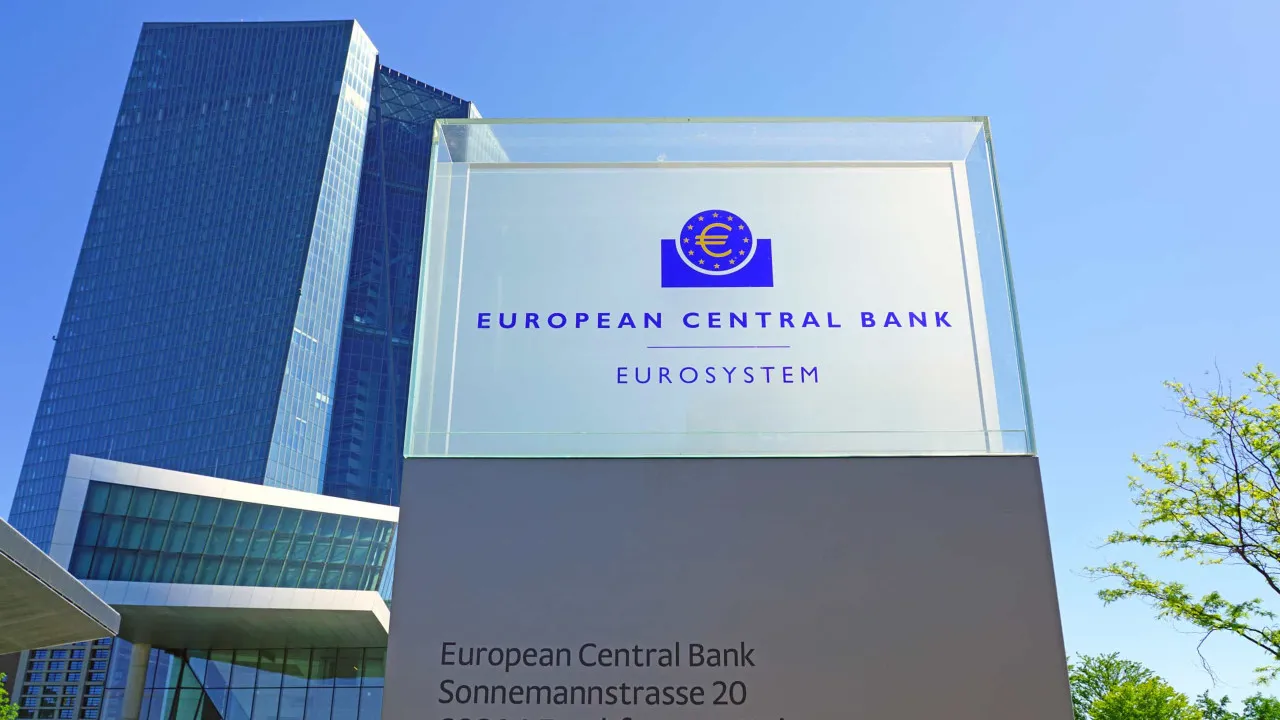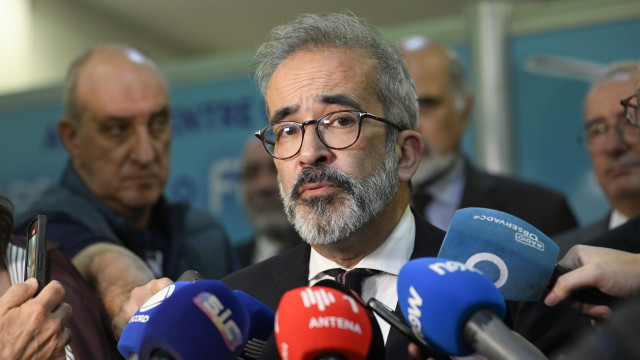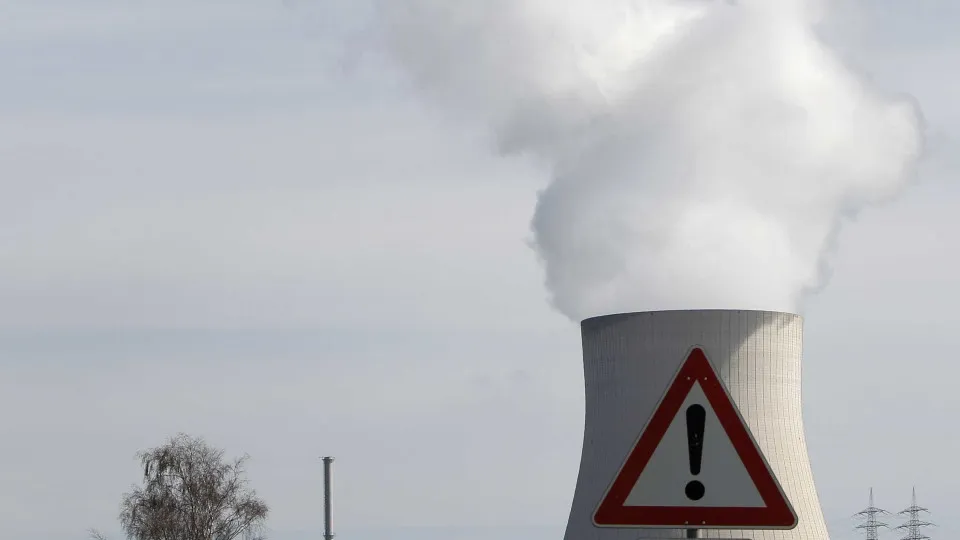
“Only a significant deviation of inflation from our medium-term objective would necessitate considering a new reduction of rates. At this moment, I do not see any such signs,” said Schnabel in an interview published today by Econostream Media.
According to the German economist, the slight increase in energy prices might be temporary, and the scenario of downward pressure on the economy with a strong euro against the dollar is exaggerated.
Similarly, the resilient economy amid uncertainty and the strong labor market support a pause in monetary policy easing.
Schnabel’s position aligns with analysts’ expectations, who foresee a pause in rate reductions during the next monetary policy meeting of the ECB on July 24, ahead of summer holidays.
During its meeting on June 5, the ECB decided to lower its main reference rate to 2.0%, marking the seventh consecutive reduction.
Since June 2024, the ECB has been reversing its cycle of tightening initiated two years earlier to combat rising prices, with the deposit rate decreasing from a record 4.0% to 2.0%, a value not considered harmful to the economy.
“The risks to growth prospects in the Eurozone are now more balanced,” she added, noting that a new reduction might not be appropriate in the current situation.
The German economist’s statements follow remarks by ECB President Christine Lagarde in June, stating that with current rates, the central bank is at “the end of a monetary policy cycle that responded to accumulated shocks, including COVID-19, the war in Ukraine, and the energy crisis,” which drove prices up.
Lagarde added that the ECB is now in a “good position” to face uncertainties, particularly in a scenario of tariffs imposed by the United States.
The annual inflation rate in the euro area was estimated at 2.0% in June, up from 1.9% in May and down from 2.5% in June 2024, according to a preliminary estimate by Eurostat released earlier this month.




